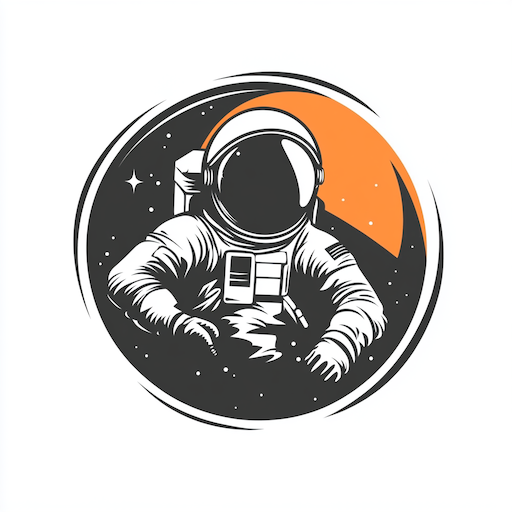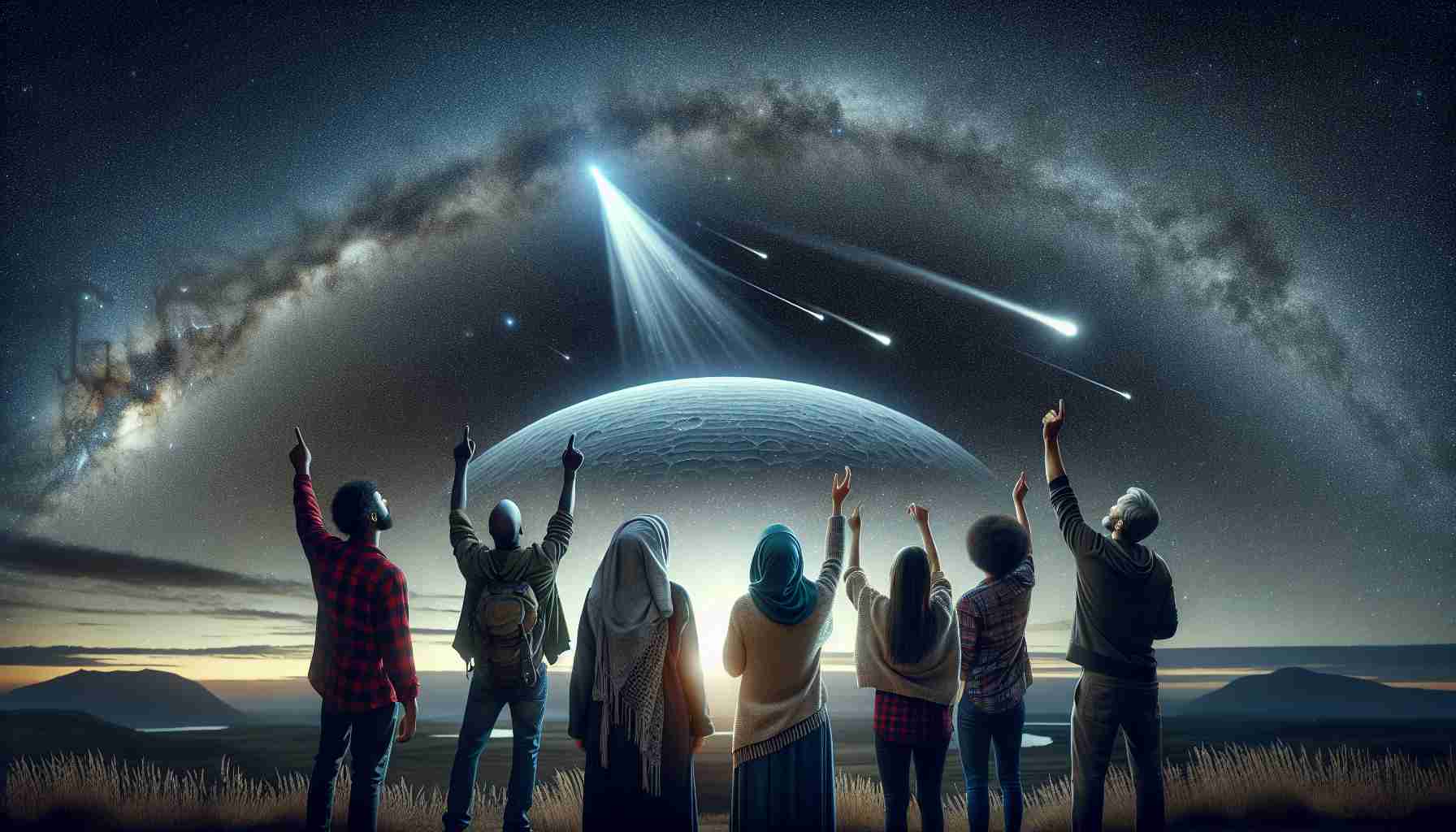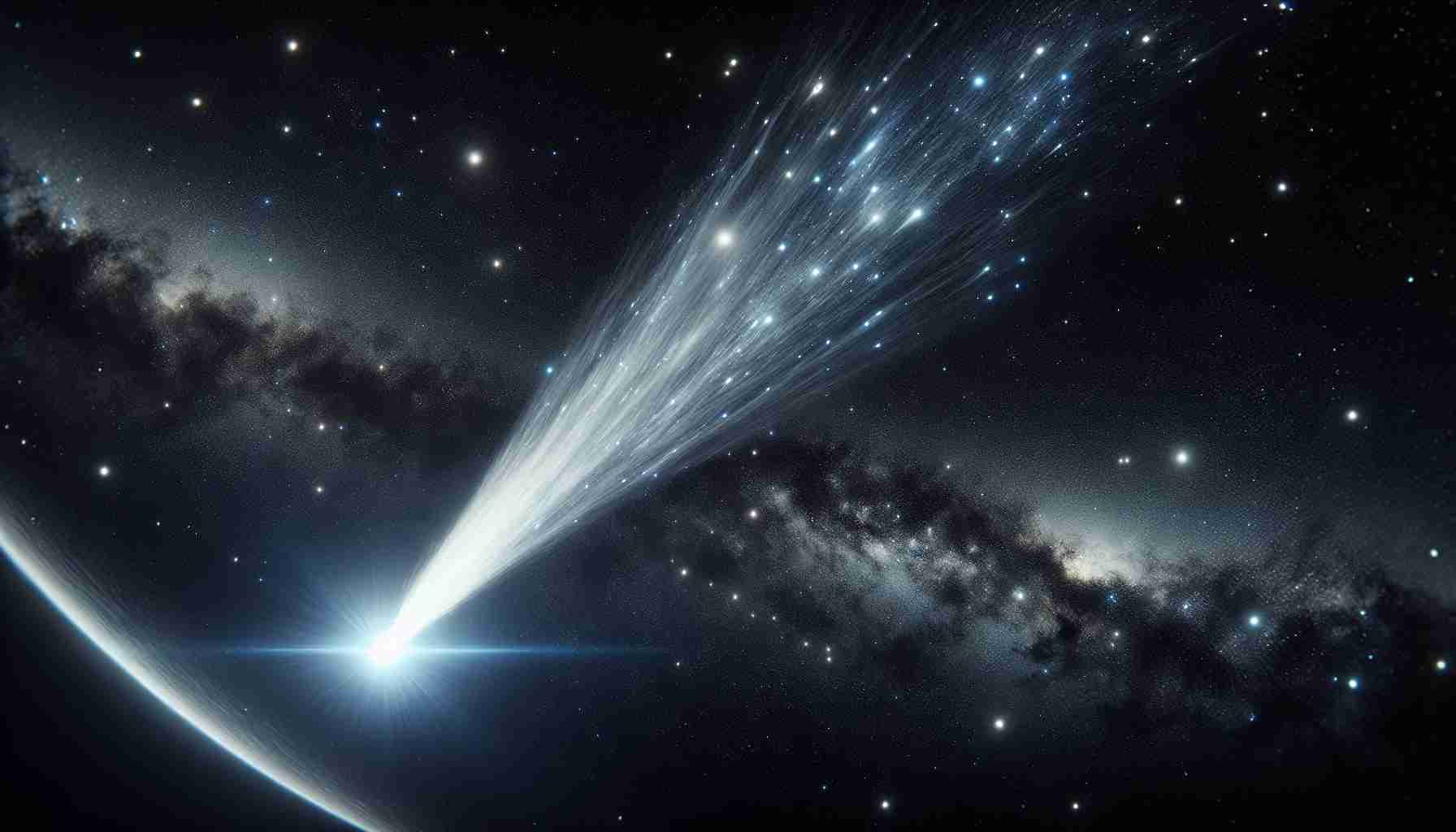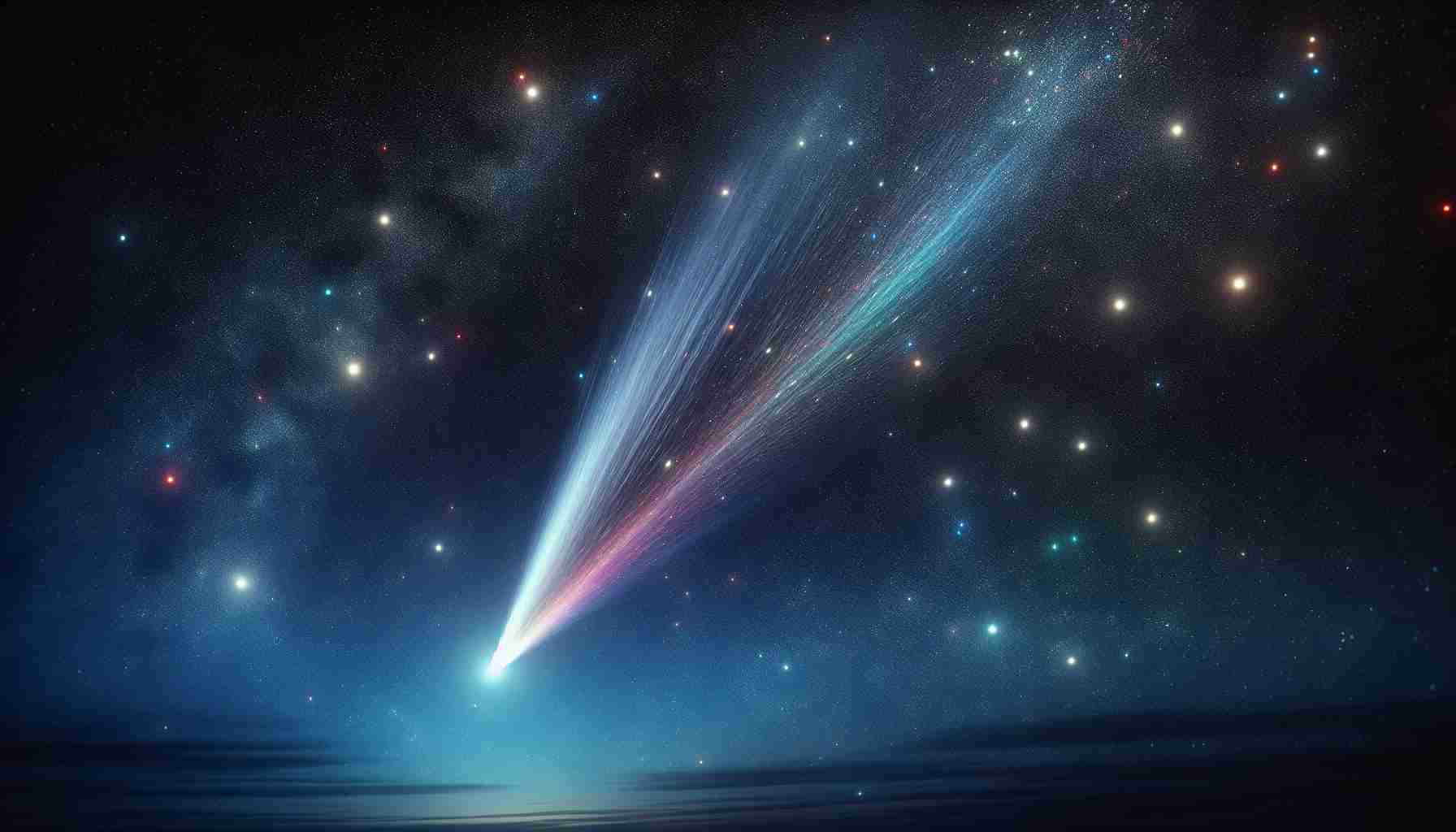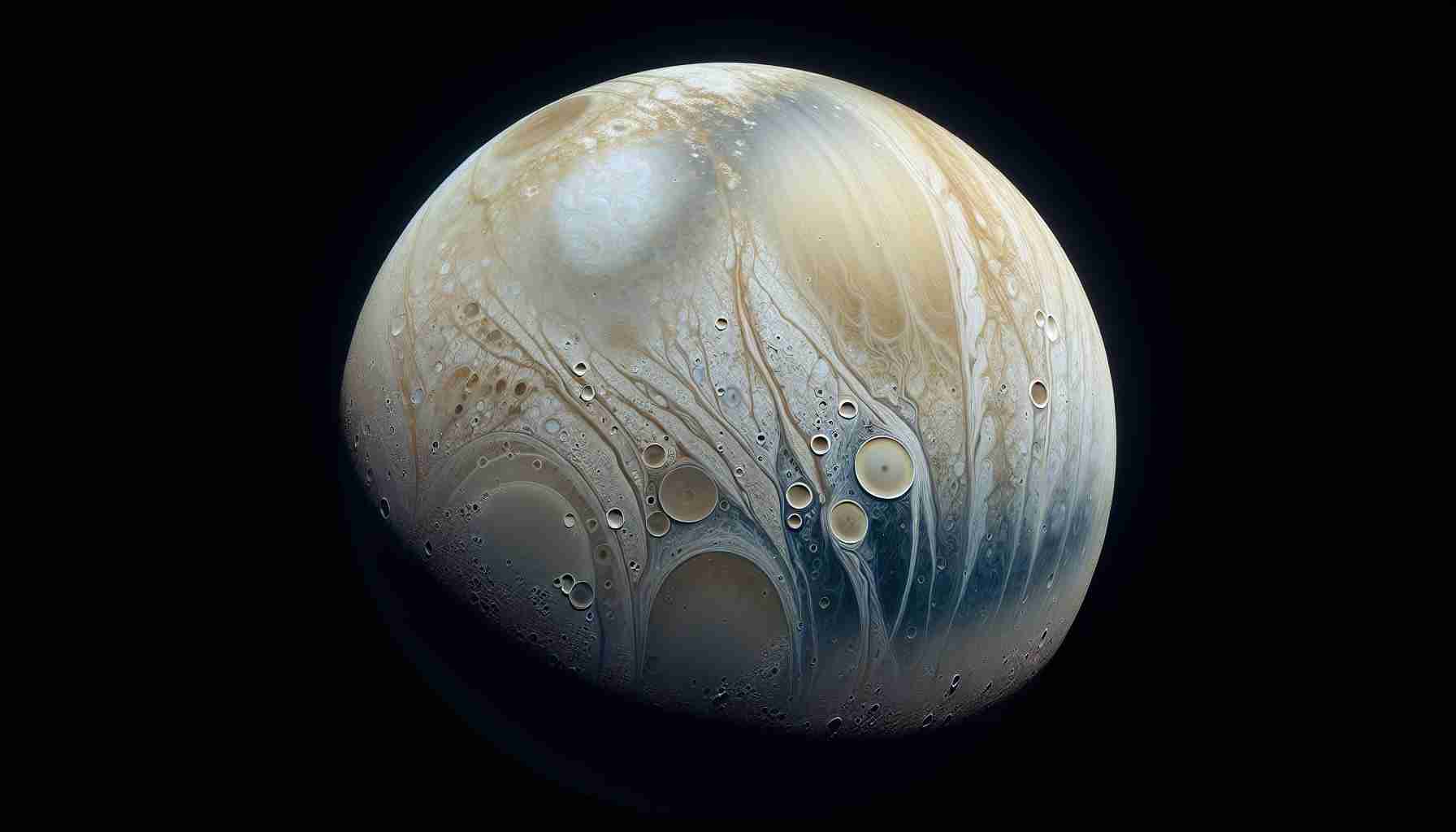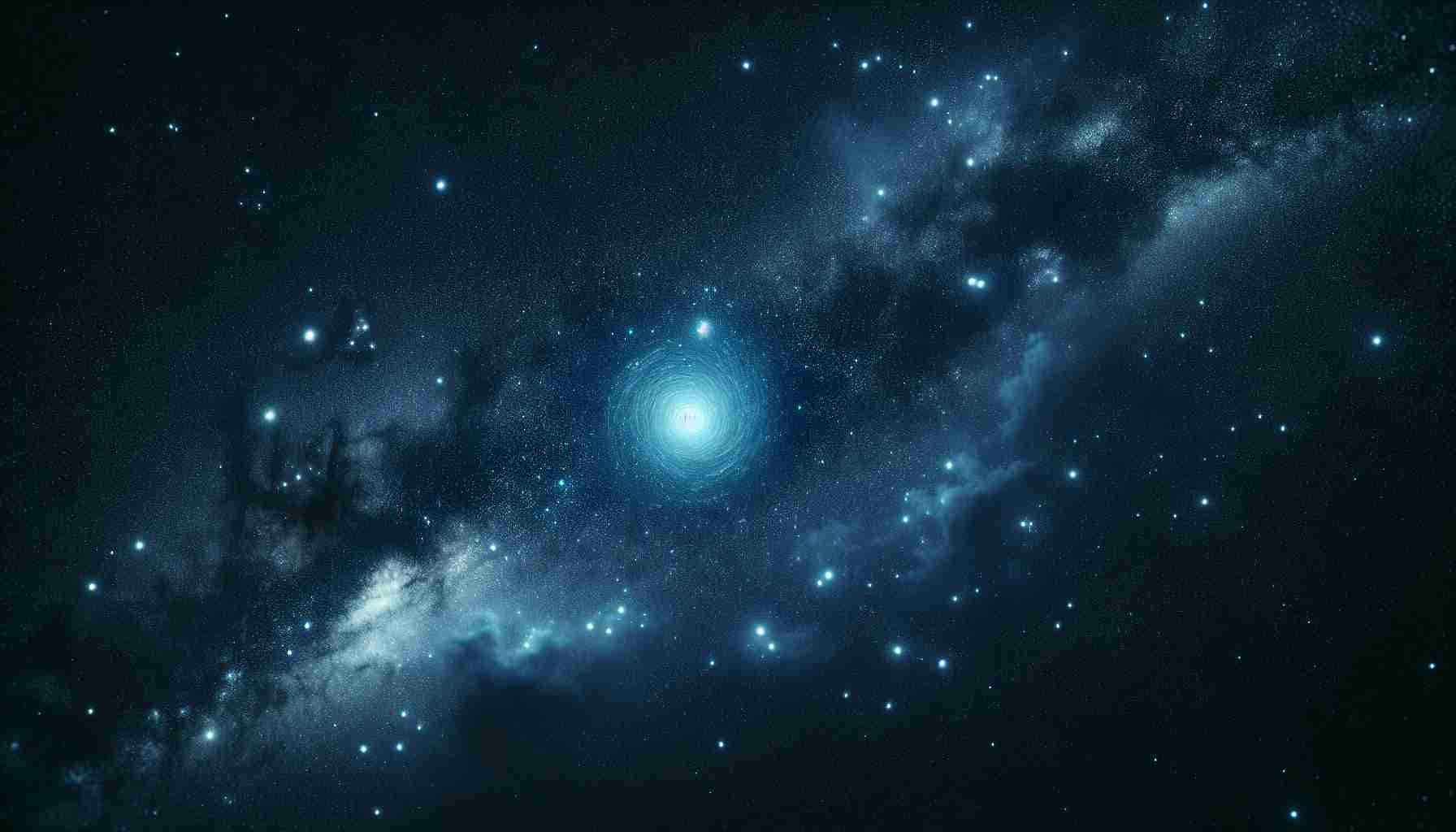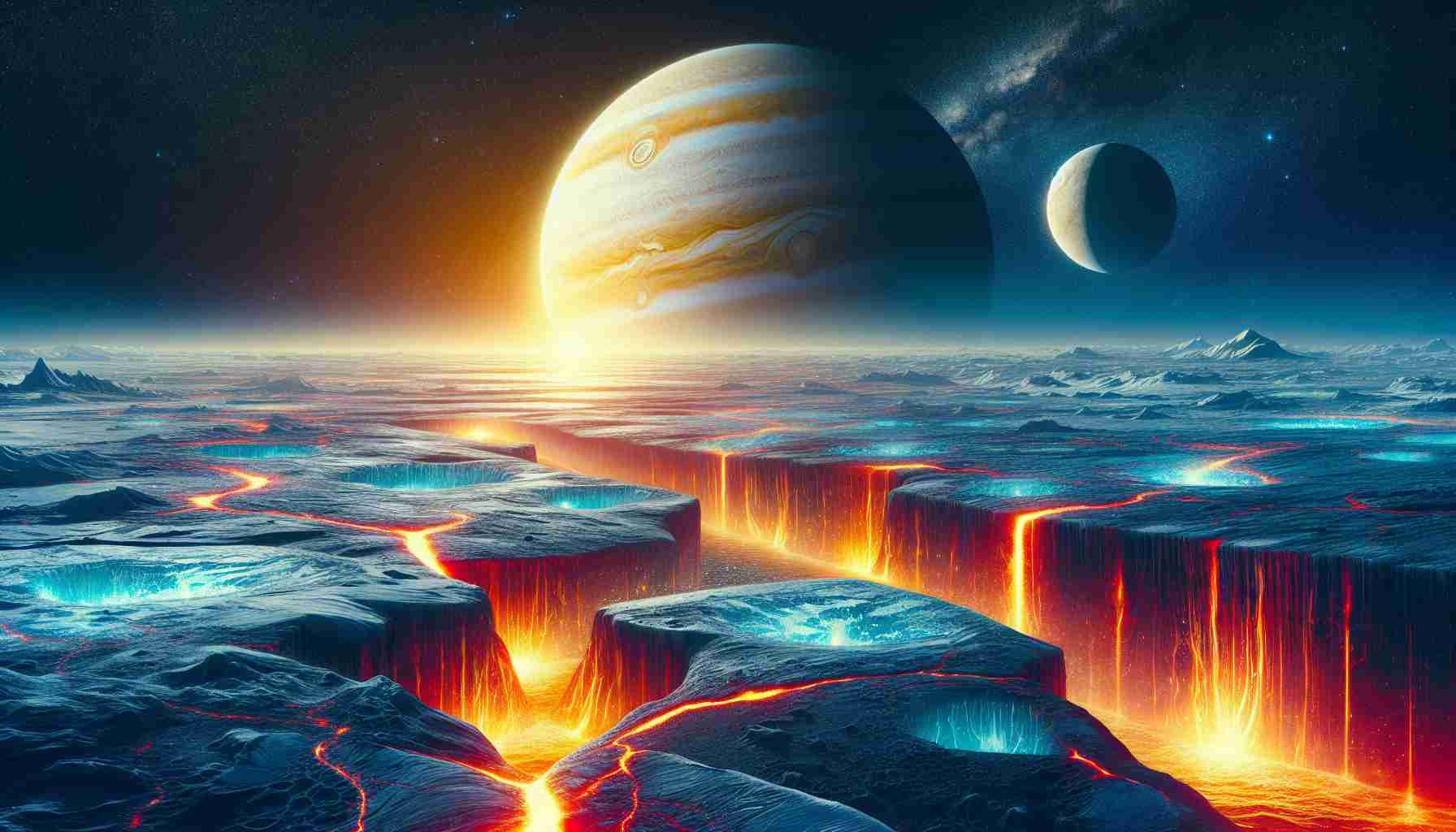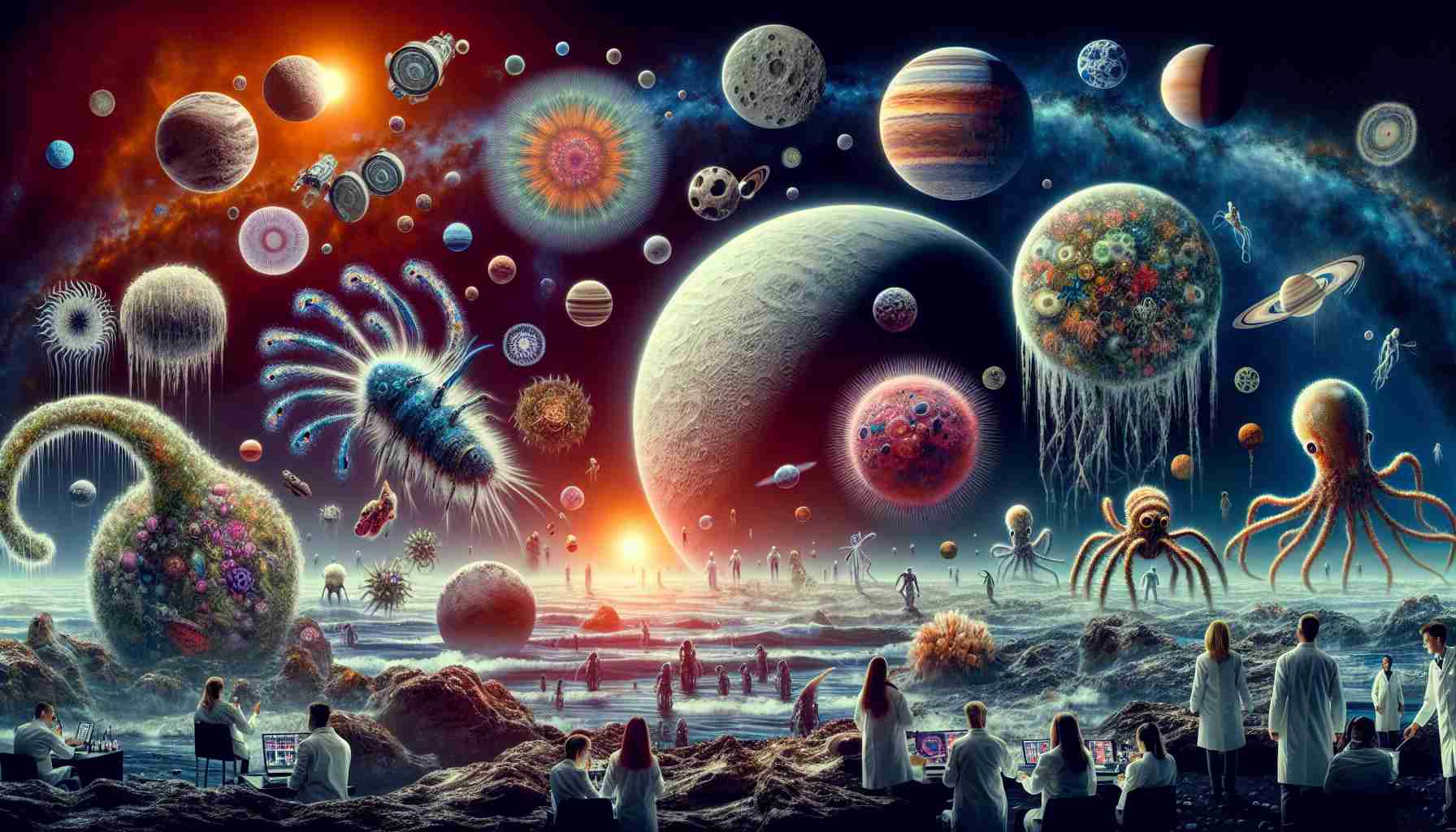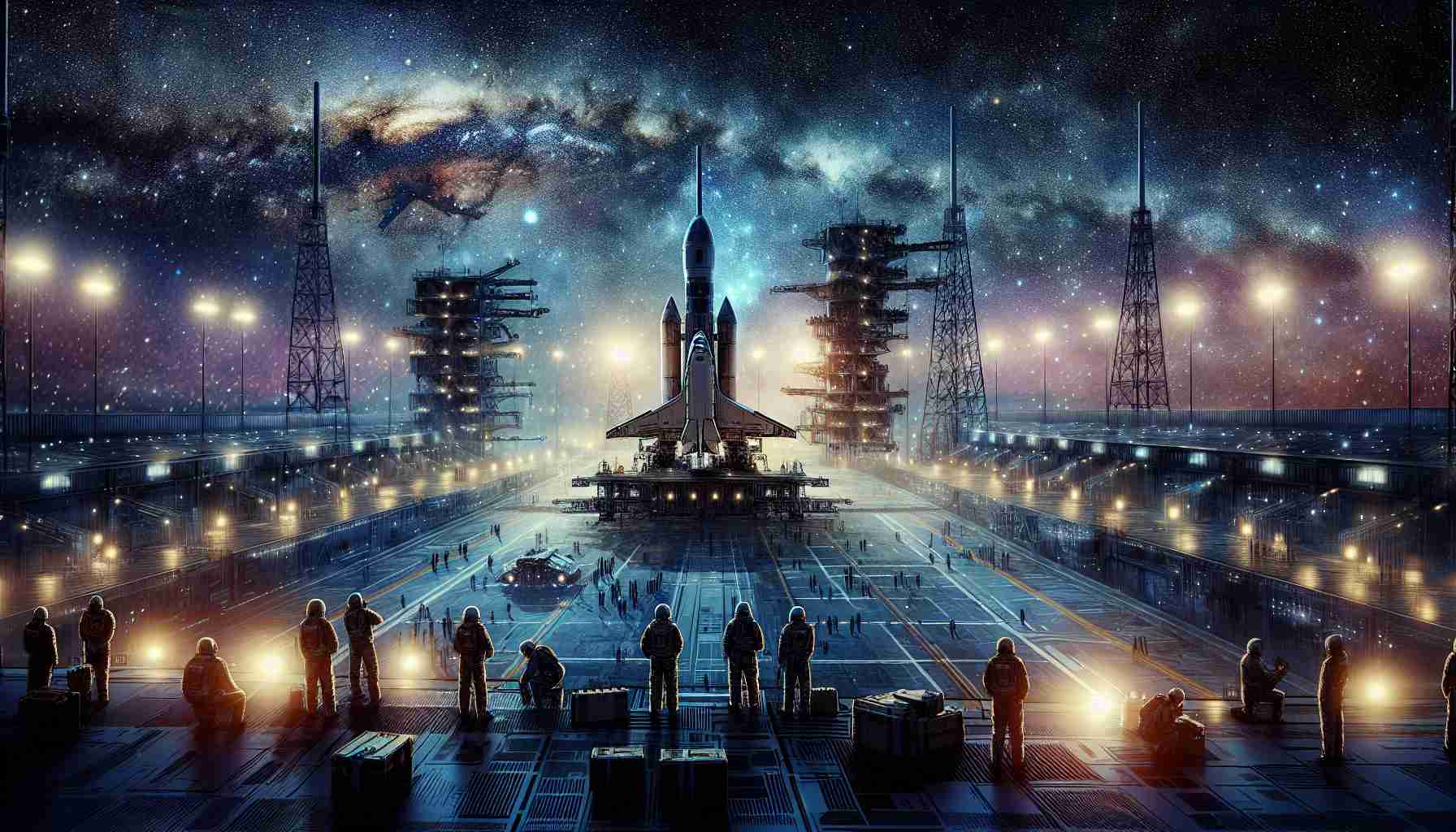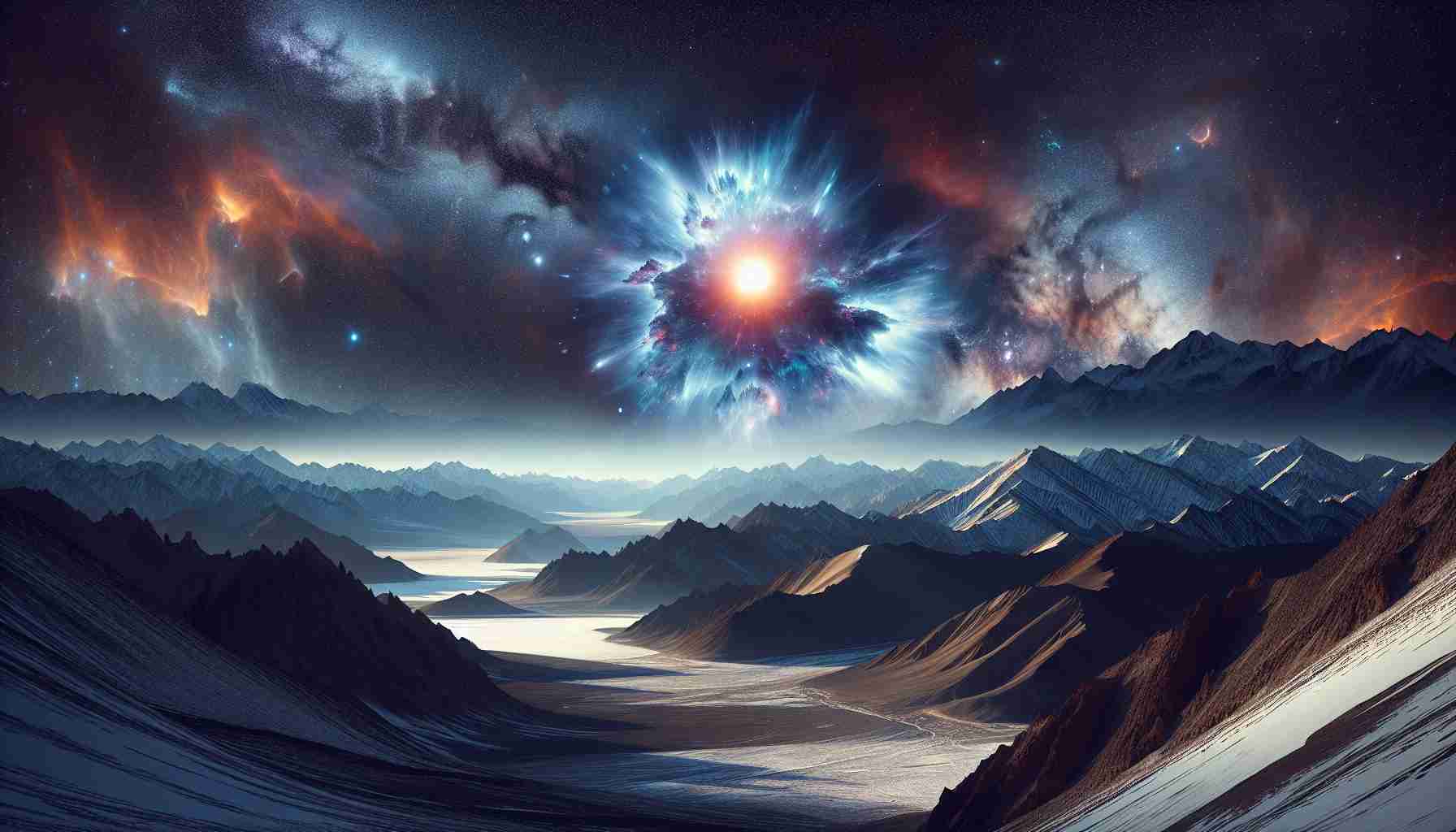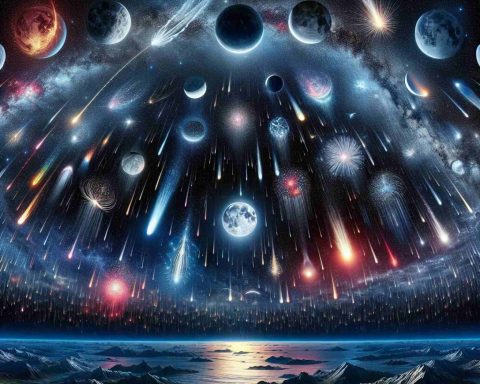Solar System - Page 19
The Solar System is a gravitationally bound system consisting of the Sun and the objects that orbit it, including eight major planets, their moons, dwarf planets, asteroids, comets, and other celestial bodies. The Sun, a star at the center, contains more than 99% of the system's total mass and produces light and heat that make life on Earth possible. The eight planets, in order from the Sun, are Mercury, Venus, Earth, Mars, Jupiter, Saturn, Uranus, and Neptune. Each planet has distinct characteristics and orbits the Sun at varying distances and speeds. The Solar System also includes the Kuiper Belt, home to many icy bodies, and the Oort Cloud, a theoretical spherical shell of icy objects thought to exist at the outer edges. The formation of the Solar System is believed to have occurred about 4.6 billion years ago from a giant molecular cloud, shaping a diverse and dynamic environment in which various planetary and astronomical processes take place.

